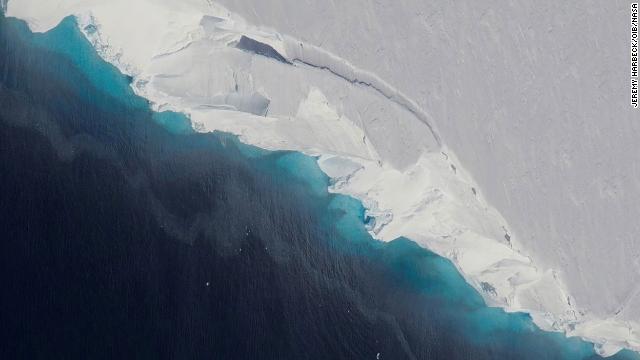
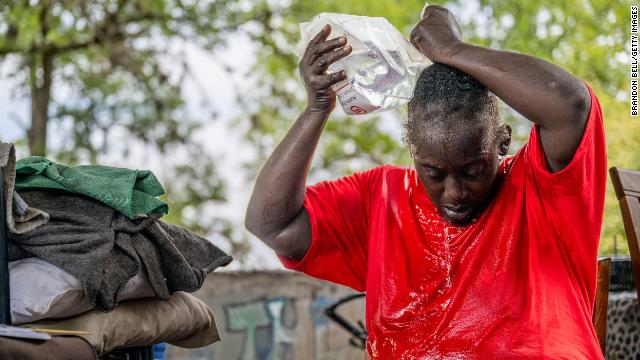
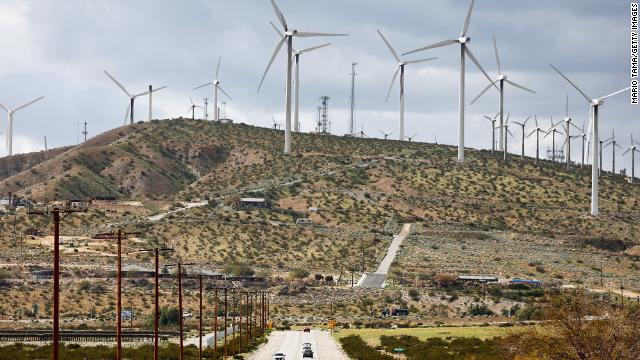
How much do you know about climate change?
By CNN Climate and Visuals teams
Keep up with the latest climate news right here. Sign up for Life, But Greener, a limited newsletter series to help reduce your eco-anxiety.
At least how much would global sea level rise if Antarctica’s Thwaites Glacier — nicknamed the Doomsday Glacier — melted entirely?

The complete collapse of the Thwaites itself could lead to sea level rise of more than two feet (0.6 meters), which would be enough to devastate coastal communities around the world. But the Thwaites is also acting like a natural dam to the surrounding ice in West Antarctica, and scientists have estimated global sea level could ultimately rise around 10 feet if the Thwaites collapsed.
Oceans are warming, which is leading to more rapid intensification of what kinds of storms?
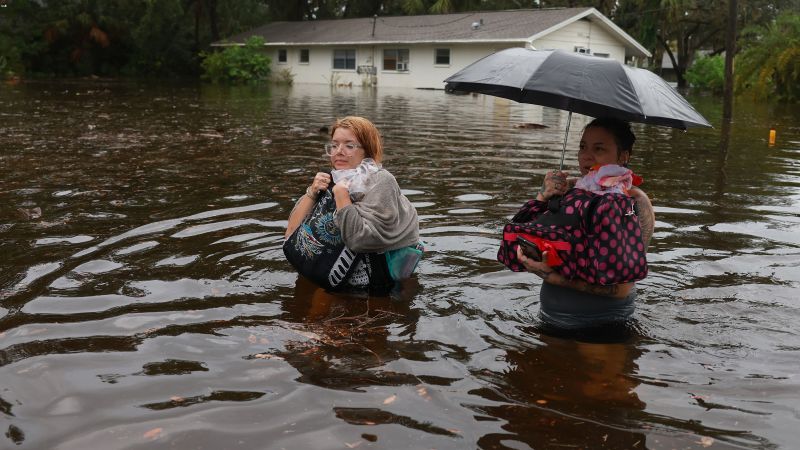
Exceptionally warm oceans provide hurricanes the fuel needed to explode in strength and even undergo rapid intensification — when a storm’s maximum wind speed increases by at least 35 mph in 24 hours or less.
The average length of the growing season in the US — the time between the last and first frost — has increased by how much since the 1980s?
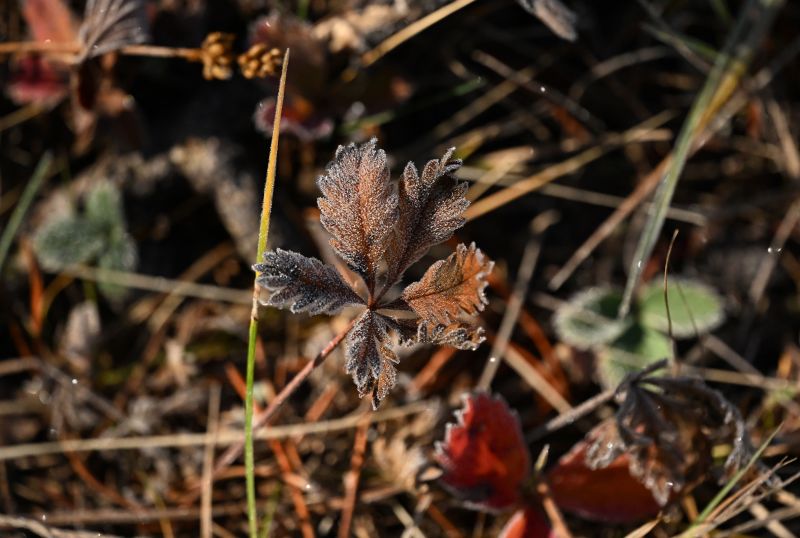
Growing season has lengthened by roughly 2 weeks since the 1980s. It has recently been observed as early as March, in some parts of the US, and as late as October. Those same locations typically considered the frost-free growing season to be April through September back in 1980s.
Changes in which category of extreme weather are the hardest for scientists to attribute to a warming climate?
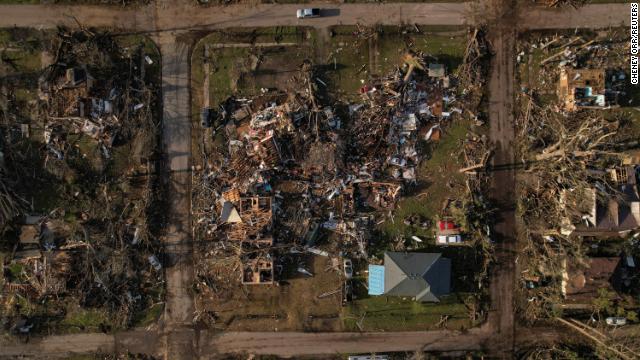
Tornadoes are hardest for scientists to link to climate change. Scientists at NOAA, however, are most confident in attributing changes in extreme heat and extreme cold to the warming climate.
By roughly how much has the planet’s average air temperature warmed since pre-industrial times?

Earth’s average temperature has increased by around 1.2 degrees Celsius since pre-industrial levels because of planet-warming fossil fuel pollution. Scientists are urging society to limit that warming to 1.5 degrees to prevent even worse climate and weather impacts.
Which is not a planet-warming greenhouse gas?
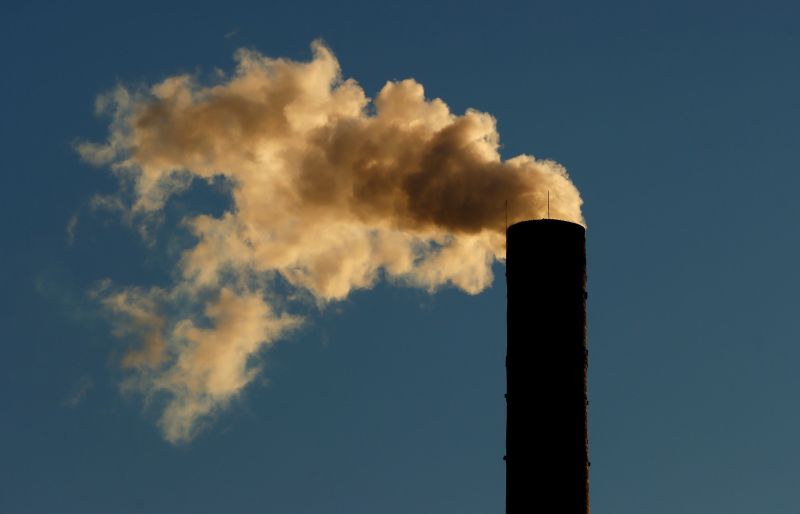
Nitrogen is not a greenhouse gas. Carbon dioxide and methane are the two biggest human-caused greenhouse gases. Carbon dioxide lasts hundreds of years in the atmosphere, but methane has 80 times the warming power of carbon dioxide in the first 20 years it’s in the atmosphere. Methane’s huge near-term warming potential is why scientists have pressed for rapid reductions in methane emissions.
Which US state generates most of its electricity from wind?
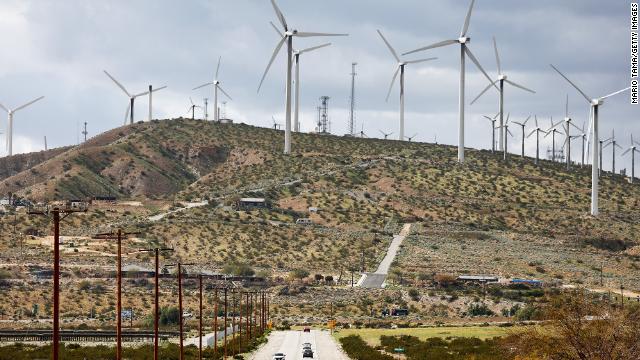
In 2022, wind turbines generated 62% of Iowa’s electricity, the highest wind power share for any state, according to the EIA.
Which country has more large-scale solar energy capacity than the rest of the world combined?
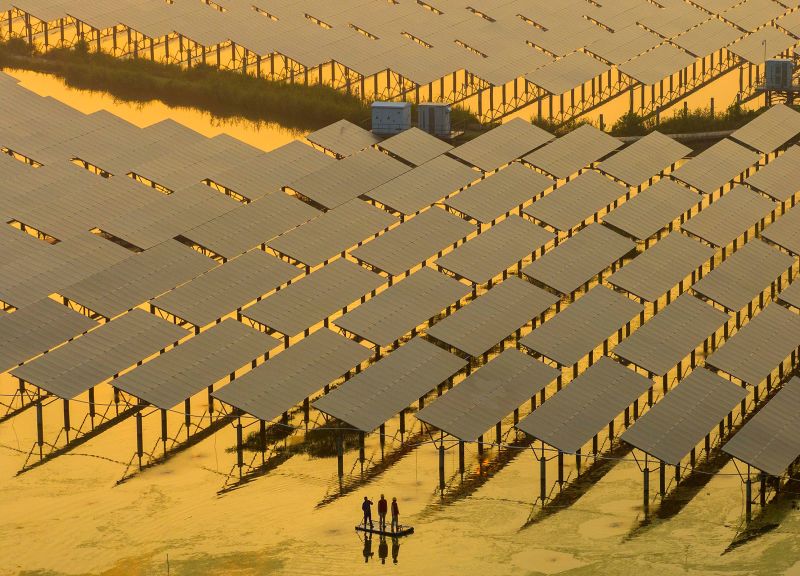
China’s operating large utility-scale solar capacity has reached 228 gigawatts (GW). The country is on track to double its combined wind and solar capacity by 2025 — five years ahead of its target date — to a total of 1,200 GW, according to the Global Energy Monitor.
US scientists made a major breakthrough in December 2022, producing a net gain in energy from what source?
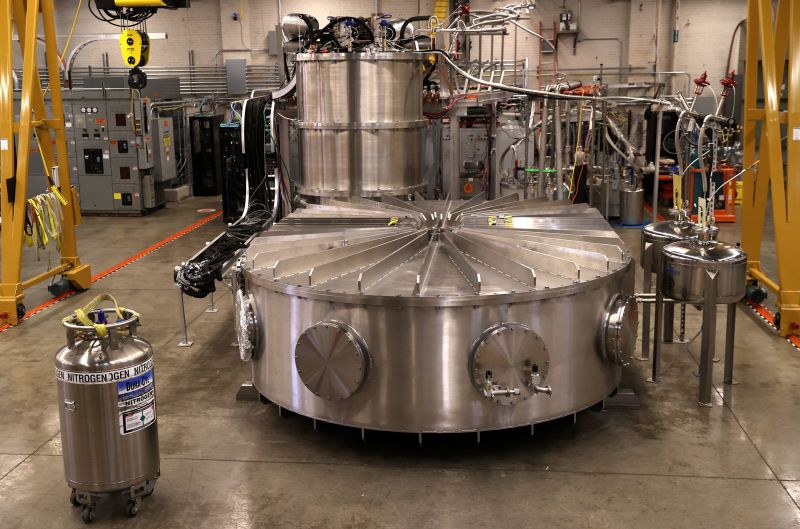
The so-called “net energy gain” was a major milestone in a decadeslong effort to source clean, limitless energy from nuclear fusion – the reaction that happens when two or more atoms are fused together.
In 2015, countries pledged in the Paris Agreement to limit global warming to “well below” what temperature above pre-industrial levels?
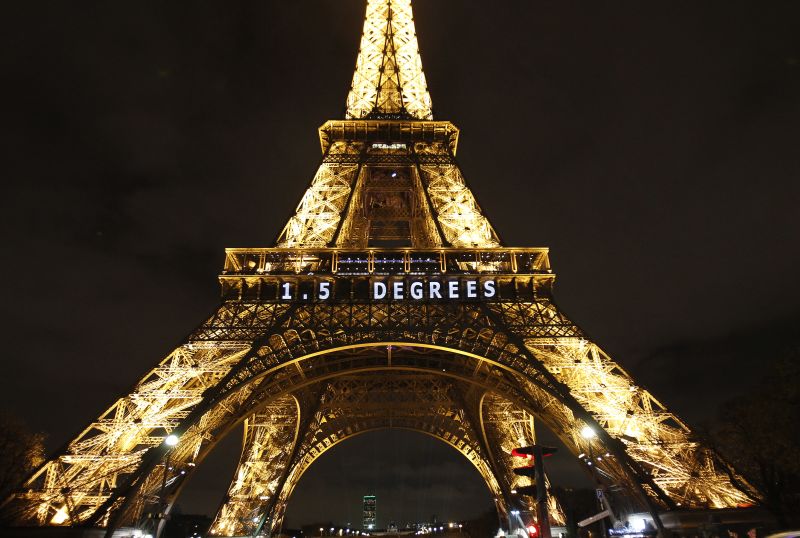
In 2015, at COP21, more than 190 countries approved the Paris Agreement to limit global warming to well below 2 degrees Celsius, but preferably to 1.5 degrees. Although the Paris Agreement was a landmark moment and set the world on a path that scientists supported, it didn’t get specific about how countries should achieve its goal. Since then, COPs have sought to make the plans attached to the agreement more ambitious and more specific about the changes society would need to make.
You got out of .
Keep up with the latest climate news right here. Sign up for Life, But Greener, a limited newsletter series to help reduce your eco-anxiety.






